The problem
Custom-fit protective face masks for sports are costly and uncommon outside professional levels due to several factors, primarily involving the manufacturing process, technological requirements, and the intricacies of 3D printing and scanning.
The manufacturing of these masks begins with a detailed 3D scan of the athlete's face. This process captures precise facial dimensions to ensure a perfect fit, essential for both comfort and safety. High-resolution 3D scanners are expensive, and the scanning procedure requires skilled technicians to operate, adding to the overall cost.
Once the scan data is obtained, it is used to design a mask tailored to the individual's facial structure. This bespoke design process involves advanced software and engineering expertise to ensure the mask will withstand impact while being lightweight and comfortable. These design specifications demand significant time and resources.
3D printing the mask adds another layer of expense. While 3D printing allows for custom geometries and rapid prototyping, high-quality lightweight materials necessary for impact resistance, such as advanced polymers or carbon fiber composites, require moulds or tooling which is very expensive.
In summary, the high costs associated with advanced 3D scanning, bespoke design, and quality 3D printing materials and processes make custom-fit protective face masks predominantly accessible only at the professional level, where the investment in athlete safety and performance justifies the expense.
The solution
Fyous ran a case study to make a lightweight carbon fiber protective face mask using the Fyous mobile scanning app and PolyMorphic moulding. 3D scanning can now be done at home using Apples iPhone and 3D scanning apps, like the Fyous one. This process is very simple, taking minutes. Then using PolyMorphic moulding Fyous was able to create a custom mask mould/mold in under 20 minutes. This significantly drops the cost of custom Carbon fiber parts. 




